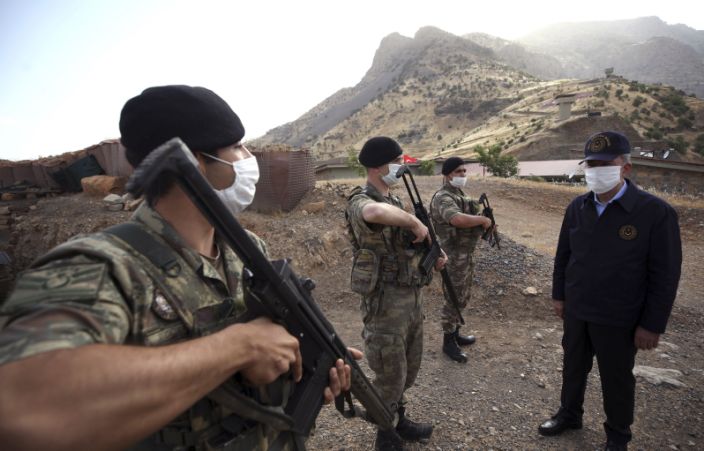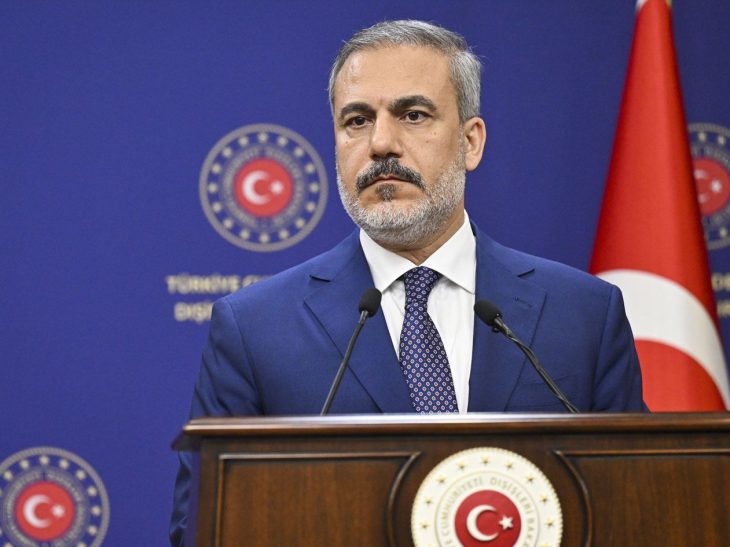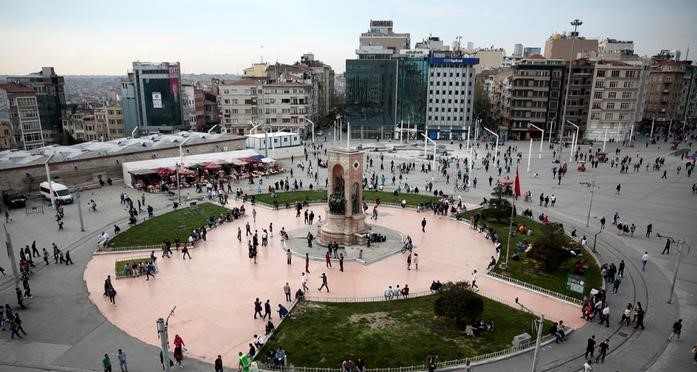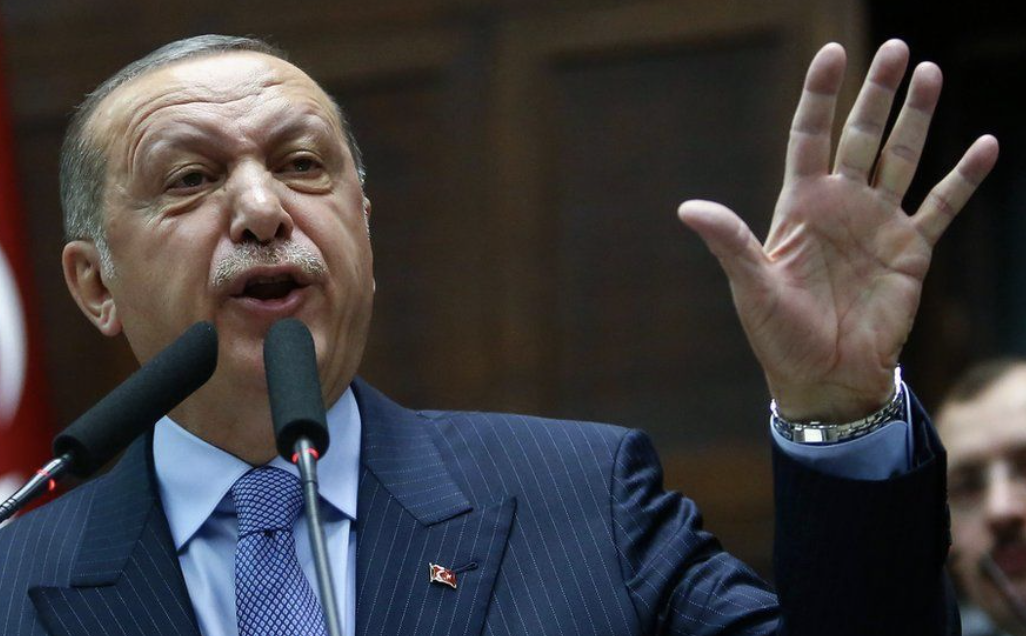Kurdish-Turkish Peace Talks Gaining Momentum Amid Regional Instability
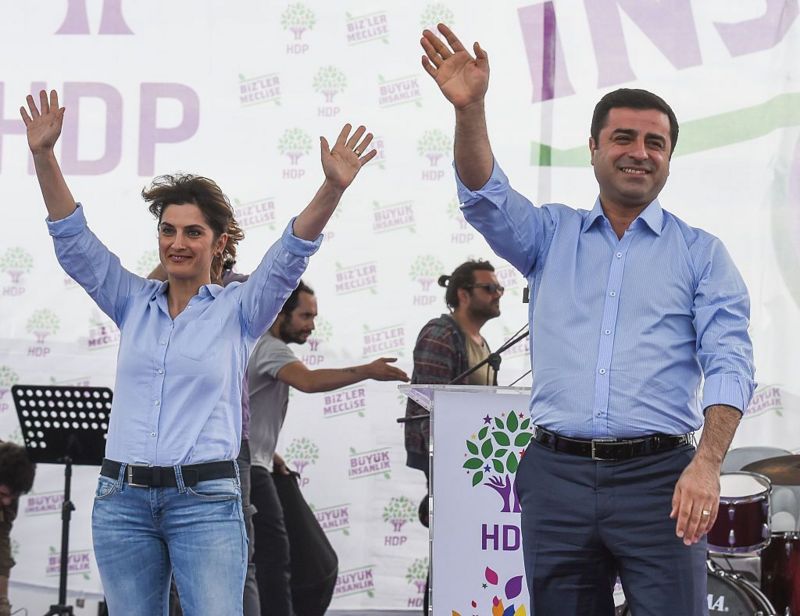 Başak Demirtaş
Başak Demirtaş
Ongoing negotiations between Turkey’s pro-Kurdish political party and imprisoned Kurdish leaders aim to resolve the longstanding conflict between the state and the Kurdistan Workers’ Party (PKK), which has persisted for over 40 years. This renewed peace effort comes at a time when the Middle East is undergoing significant geopolitical changes, including the Israel-Hamas conflict, the shifting dynamics in Lebanon, and Syria’s evolving power structure following the fall of President Bashar Assad.
The process, initiated by Turkish ultranationalist leader Devlet Bahceli in October, marks a notable shift in Turkey’s approach to Kurdish issues. Bahceli, historically opposed to any concessions to Kurdish rights, now suggests the possibility of parole for PKK leader Abdullah Öcalan if he renounces violence and dissolves the PKK.
In the meantime, the Kurdish-led Syrian Democratic Forces (SDF), who have held control in northeastern Syria for nearly a decade, face increasing threats from Turkish-backed militias. Turkey considers the SDF a proxy of the PKK and is determined to neutralize their influence in the region.
The conflict between the PKK and Turkey, which escalated after the PKK’s formation in 1978, has claimed tens of thousands of lives and spilt across borders, with violent clashes occurring in Iraq and Syria. The PKK, a group designated as a terrorist organization by Turkey, the U.S., and the EU, initially sought to establish an independent Kurdish state before pivoting toward seeking autonomy and greater rights for Kurds within Turkey.
Abdullah Öcalan, the PKK’s founder, remains imprisoned on Imrali Island in the Sea of Marmara. Despite his imprisonment, he continues to be a symbol of Kurdish independence, maintaining significant influence over Kurdish movements in Turkey, Iraq, and Syria. Öcalan’s influence endures, and his messages, often communicated through family members or lawyers, still resonate with his supporters.
In December, Öcalan’s nephew conveyed that Öcalan could bring an end to the conflict if the conditions were right, suggesting a potential shift in his stance. Following this, Bahceli proposed the possibility of Öcalan’s release, marking a dramatic change for a politician who once staunchly opposed any negotiations with the PKK.
Despite cautious optimism from some quarters, the peace initiative faces strong opposition from others, particularly after a recent attack claimed by the PKK on a Turkish aerospace facility, which further complicated the dialogue. Previous peace efforts, including those held in Oslo between 2009 and 2011 and later attempts from 2013 to 2015, have failed to produce lasting results. The 2013-2015 talks saw a temporary ceasefire and PKK fighters withdrawing, but the peace process collapsed in 2015 following a series of violent attacks.
The current peace effort comes at a critical time, as both Turkey and the Kurdish movement seek stability in the face of regional uncertainty. Some analysts speculate that the Turkish government’s primary motivation for pursuing peace with the Kurds is to gain Kurdish support for a new constitution, potentially allowing President Recep Tayyip Erdoğan to extend his term beyond 2028. Bahceli, a close ally of Erdoğan, has openly called for a new constitution, emphasizing its importance to Turkey’s future, with the government reportedly seeking parliamentary backing from the Peoples’ Equality and Democracy Party (DEM).



